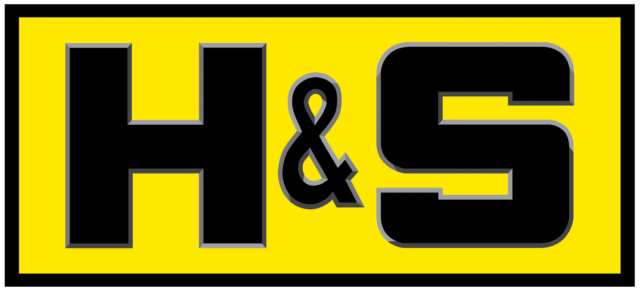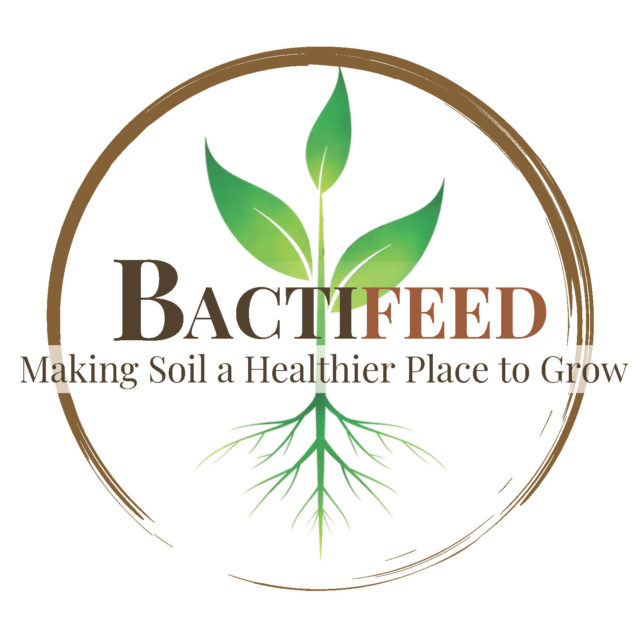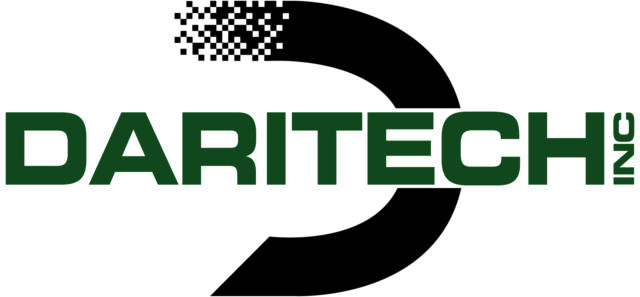For the management team at Top Deck Holsteins, the idea of putting in a digester with the help of Alliant Energy, the Iowa Department of Natural Resources and Iowa State University Extension ended up being a no-brainer. It provided a way to reduce odors, and now waste heat from the system has been used to maintain the mesophilic temperatures of the digester while a heat loop to the milking parlor preheats water and heats the inside of the parlor in the winter. From the outset it seemed like a winning situation, and in every respect it was. What has happened since has become the icing on an ever-growing big brown cake to the side of the digester . . .
Since adding the digester to their manure management system in 2001, Top Deck Holsteins has taken one last leap of faith into the separated solids arena, and the results have been better than expected. Derek Decker, one of the four family members involved with the dairy, took me through the decisions and results that have come since installing the separator in 2005.
In summing up his feelings about getting started with the separator project, Derek said, “When we first started, we weren’t really sure what the results would be, so we didn’t get our hopes too high at the beginning. We really weren’t sure what to expect, but I don’t think any of us figured we would have the results we ended up with. Now, we just love it.
“One of the surprising things we discovered was how fine and dry the separated manure was. It is similar to hay-fines, and we have never had any problems with it sticking or gumming together when we spread it. It is awesome bedding. It is soft and isn’t itchy to the cows. I think our only regret was not putting it in when we originally put in the digester.”
Dan Meyer, a former extension engineer with Iowa State University, summed up his role in getting this separator project up and running. “There was a lot of interest in people wanting to use manure solids as bedding. I decided that someone needed to research this area, so I applied to the NRCS for a building grant and was able to obtain funding for the separator and help get things off the ground.”
Dan added, “Through our research we were able to determine that the manure solids had an overall positive impact on Top Deck Holsteins’ herd and two other herds that were involved with the project. Overall, we found lower somatic cell counts in bulk tank samples, fewer hoof problems, fewer lame cows and an overall lower herd replacement rate. Milkers in the barn kept commenting on the fact that they had to spend less time washing udders than they had in the past. Because we were testing the products before and after they were screened and the materials the cows were bedding on every two weeks for 10 months, we feel we have a good idea as to how beneficial using separated solids can be in the long run for producers.”
As the success of their herd became evident, Derek says they began selling their excess solids to other dairies in the area. “We didn’t want to sell it at first until we were sure it would work. Our cell count dropped about 50,000 over the first six months, and it has held right at about 200,000 ever since. We now sell it to four dairies besides ourselves, and all of them have had and continue to have low SCCs. One farm gets a semi-load every 10 days, two get a load a month and one gets a load about every 50 days. Most semis get 20 to 22 JCB bucket loads depending on the time of year and how dry it is when it is loaded. We sell it at $25 per bucket. We go through a semi-load in about five to six days, so we are reaching our limit to supply others.”
Derek also noted that the savings and extra income have added to the benefit of separating solids. “Recycling the dry materials coming off the digester saves us $3,500 a month in bedding materials plus we are now selling another $3,000 a month on the side to other dairies,” he says.
When asked about the maintenance and upkeep, he stated, “The only maintenance to the system is greasing the press once a day. We do clean the screens once a month, but it is pretty much a self-sustaining system for us. I was a little concerned at the outset, but it has been pretty much hassle-free from the beginning.”
From all concerned parties, it looks like the separated manure solids will continue to be an integral part of the manure management system at Top Deck Holsteins. Derek summed up where they are headed this way, “I think we are happy with the way we are. We are doing what we want to do, and I really don’t see us expanding beyond where we’re right now. I don’t see us adding any more help for the time being. Between my dad and two other brothers, I think we have enough to keep everyone busy for the next several years. We all have kids that might want to come back in the future, but I think we will leave it up to them to make those decisions. The dairy is pretty much self-sustaining at this point, and I think that is where we’ll leave it for now. But who knows, you never know what opportunities might be coming. So far, they have all been positive and we hope they stay that way.” ANM




